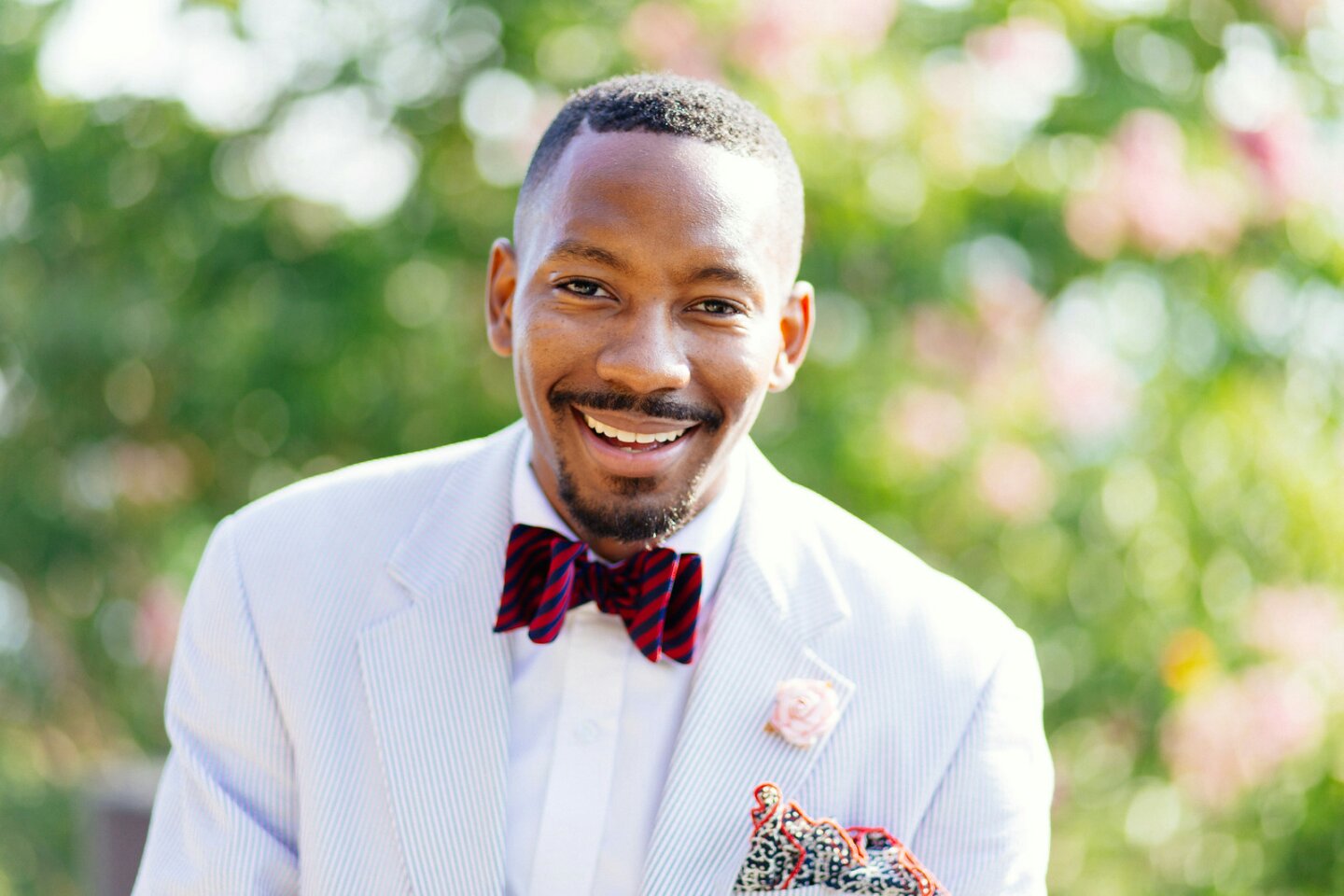By Quardricos B. Driskell, Columnist
Tens of thousands gathered in Arizona to honor conservative activist Charlie Kirk, killed earlier this month at a Utah campus event. What unfolded at State Farm Stadium in Glendale was not a quiet memorial rooted in grief and reflection, but a political spectacle that carried the rhetoric, imagery, and fervor of an old-time revival — or more troublingly, the coded tones of a Klan rally.
The stage was set not for mourning but for mobilization. President Donald Trump turned what could have been a solemn occasion into a campaign-style rally. “He did not hate his opponents; he wanted the best for them,” Trump said, before swerving sharply: “That’s where I disagreed with Charlie. I hate my opponents, and I don’t want the best for them. I’m sorry.” The crowd roared, not at words of healing but at the affirmation of bitterness. The president went further, calling Kirk’s murder an “attack on America” and weaving his favorite refrains about the “radical left” and the stolen 2020 election.
The service was billed as a celebration of Kirk’s life and faith, but the message was unmistakable: Kirk’s death was to be weaponized as fuel for Trump’s political machine. White House officials, cabinet secretaries, lawmakers, and a host of right-wing commentators — from Tucker Carlson to Jack Posobiec — framed Kirk not simply as a man lost too soon, but as a martyr and prophet in an apocalyptic spiritual war. Stephen Miller, never one to soften his words, declared that Kirk’s enemies “are nothing… they have nothing.” Others spoke of “wielding the sword against evil,” language that dripped with biblical absolutism but echoed the martial rhetoric of white nationalist rallies.
Even more jarring was the sanctification of political violence. Carlson described Kirk as “bringing the gospel to the country.” Benny Johnson told the audience to “thank the administration for carrying out that godly mission of wielding the sword.” When Trump himself called the gathering “an old-time revival,” it was clear this was less about Charlie Kirk’s passing than about weaponizing his memory to sanctify a political cause. The mood was electric, theatrical — the kind of staged mass fervor America has seen before in its darkest chapters.
This is not new in American life. We have seen how grief and religious symbolism can be conscripted for political ends. Most recently, on January 6, when rioters stormed the U.S. Capitol, waving crosses, praying in the Senate chamber, and carrying banners that read “Jesus Saves.” That day, religion was not a source of peace but a tool of power. The Kirk memorial carried the same troubling blend — a Christianity fused with nationalism, exclusion, and rage. This is what Christian nationalism looks like in practice.
The most poignant moment came from Kirk’s widow, Erika, who, through tears, forgave her husband’s killer and pledged to continue his mission. Yet even her words of grace were swiftly folded back into the political machinery. Within minutes, Turning Point USA announced she would assume the role of CEO, ensuring the transition from grief to mobilization was seamless. The personal became political, almost without pause.
What was on display in Arizona was not simply a memorial. It was a chilling reminder of how easily grief can be marshaled into spectacle, and how readily faith language can be bent toward exclusion, rage, and domination. The service resembled less a community of mourners and more a pageant of ideological zeal, one that looked disturbingly like the staged spectacles of America’s past, where religion, nationalism, and racialized politics fused into something far more dangerous than remembrance.
If this was meant to honor Charlie Kirk, it instead revealed the movement he helped build: one in which death itself is no longer sacred, but simply another rallying cry.






Everything goes back to Trump according to you hateful leftists. It was a celebration of Kirks life. You compare it to a Klan rally ? You’re deranged.
You’re deranged!